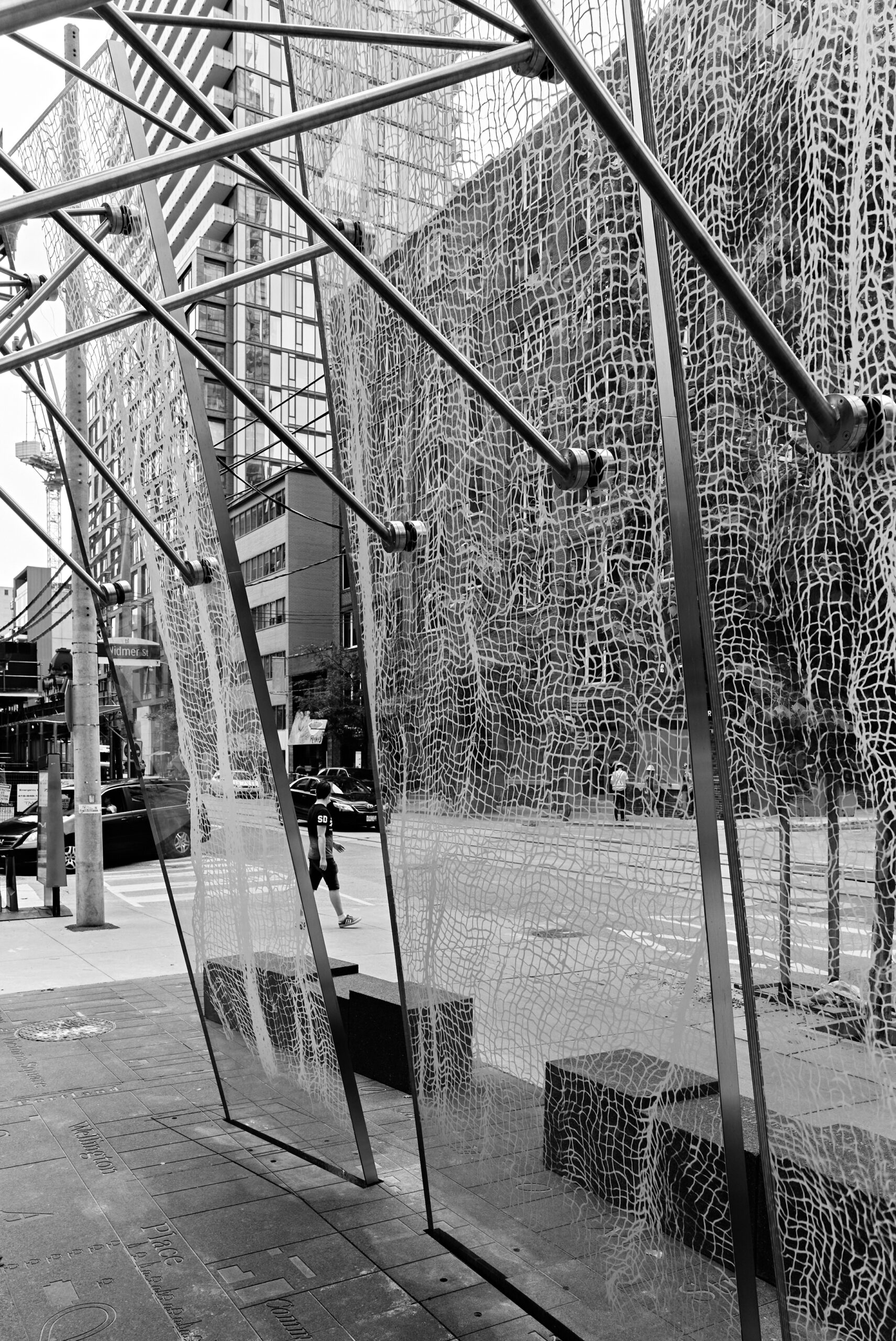- What’s On
- Explore
- Get Involved
- Donate
Help support the Foundation’s mission
- Network Ireland
For Young Professionals
- Donate
- About Us
- Leadership
- Partners & Supporters
- Press
- Ireland Park
A commemoration of Irish Famine Migrants who arrived in Toronto.
- Grasett Park
Honouring selfless Canadians who came to aid of Irish Famine Migrants
- The Corleck
A venue for arts, culture and heritage – Opening 2025.
- Contact Us

Dr. George Robert Grasett
Home > Grasett Park >
Dr. George Robert Grasett
George Robert Grasett was born in Lisbon in 1811, the second of six sons to a British military surgeon Dr. Henry Grasett and his wife Ann Bligh Stevenson. Upon his retirement in 1814, Dr. Grasett moved his family to Quebec City. It was there that George Robert apprenticed with his father as a surgeon and was licensed to practice medicine in 1837.
Dr. George Robert Grasett began his practice in Amherstburg. While there he served as Assistant Surgeon in the Royal Essex Light Infantry which saw action during the Upper Canadian rebellion. When his attempts to join the British military failed, Dr. Grasett relocated to Toronto around 1844. His eldest brother, the Rev. Henry James Grasett was curate to Bishop John Strahan at St. James’ Cathedral, and was active in the city’s charitable institutions, serving on the board of the House of Industry, amongst other endeavours.
It did not take Dr. Grasett long to establish himself as a competent and compassionate medical professional with a clear interest in the welfare of the lower classes. In addition to serving at the House of Industry, Grasett ran the Toronto General Dispensary, which gave “medical and surgical advice and medicines to the indigent sick.” He was appointed by the city’s Board of Health as Medical Superintendent of the newly created Emigrant Hospital on June 22, 1847. Regrettably, Grasett held the position for less than a month. He succumbed to the very illness he had dedicated himself to treating, and was buried at the cemetery at St. James Cathedral on July 17, 1847.
Obituaries in the aftermath of his death, testified to Grasett’s dedication to the poor and spoke to his potential cut short. The British American Medical and Physical Journal, called Grasett “a young man of great promise.” A deputation to the Grasett family from the House of Industry conveyed its “deepest regret” at Dr. Grasett’s passing and noted that all, “particularly the poor, were so deeply indebted by his uniform kindness.” On the impact of his death on those who frequented the Dispensary, the Journal wrote: “in the humble abodes of the suffering poor of this large town, in the reception room of the Dispensary where his benevolent smile was wont to greet them, his virtues are the theme of daily praise, and his death the subject of deep and lasting sorrow.”
He knew no other duty than that of staying disease, and alleviating the suffering of those whom, drawn from their own land by famine and pestilence, sought a refuge among us, their brethren in Canada."
Obituary in British Colonist, printed July 20, 1847